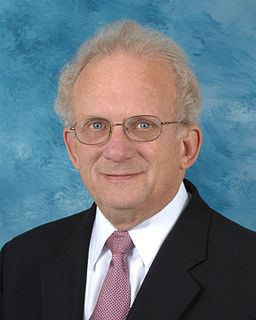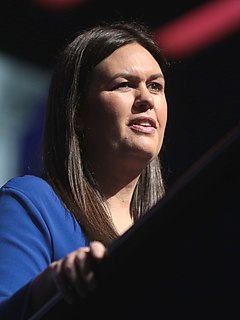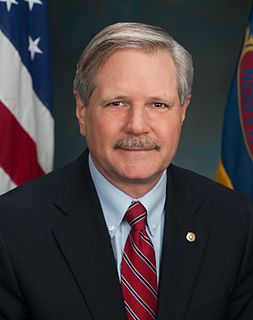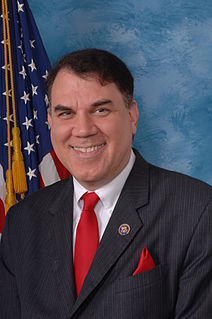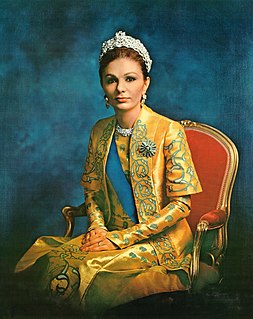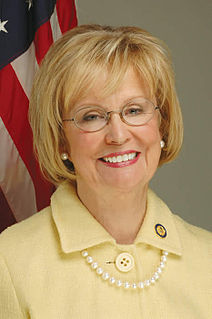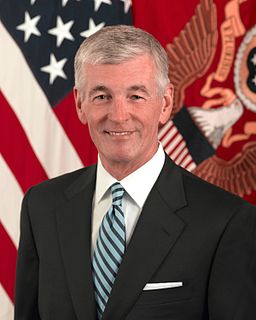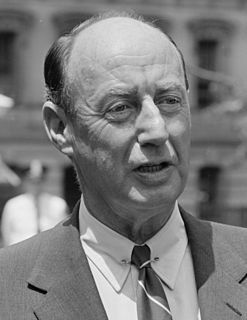A Quote by Howard Berman
Iran is central to our foreign policy in the Middle East, a major player in global energy markets, and a key country in terms of our interaction with the Muslim world.
Related Quotes
The Iranian issue I don't think has much to do with nuclear weapons frankly. Nobody is saying Iran should have nuclear weapons nor should anybody else. But the point in the Middle East, as distinct from North Korea, is that this is center of the world's energy resources. Originally the British and secondarily the French had dominated it, but after the Second World War, it's been a U.S. preserve. That's been an axiom of U.S. foreign policy, that it must control Middle East energy resources.
Since the Bush-Cheney Administration took office in January 2001, controlling the major oil and natural gas fields of the world had been the primary, though undeclared, priority of US foreign policy... Not only the invasion of Iraq, but also the toppling of the Taliban in Afghanistan, had nothing to do with 'democracy,' and everything to do with pipeline control across Central Asia and the militarization of the Middle East.
At the same time, old confrontations have taken on frightening urgency, especially the India-Pakistan conflict over Kashmir and the violent stalemate in the Middle East. Progress on these and other global challenges requires us to develop a larger strategy for American foreign policy, rooted in a fundamental commitment to move the world from interdependence to an integrated global community committed to peace and prosperity, freedom and security.
America is the only superpower. But our leadership is being tested in the Middle East, and some of the things that we have done in the Middle East are contributing to a potential explosion region-wide. And if that explosion gets out of hand, we may end up being bogged down for many years to come in a conflict that will be profoundly damaging to our capacity to exercise our power, to address the problems implicit in this global awakening, and we may face a world in which much of the world turns away from us, seeks its own equilibrium, but probably slides into a growing chaos.
